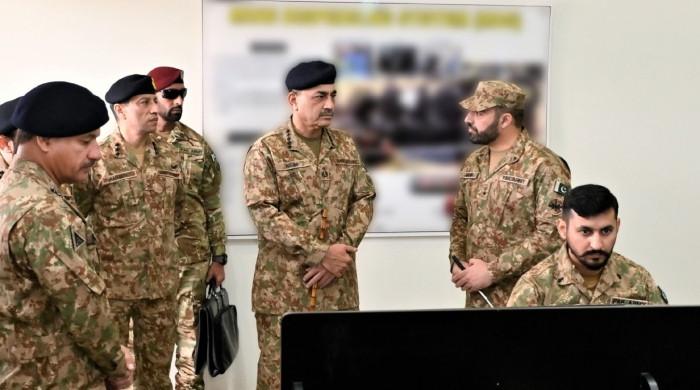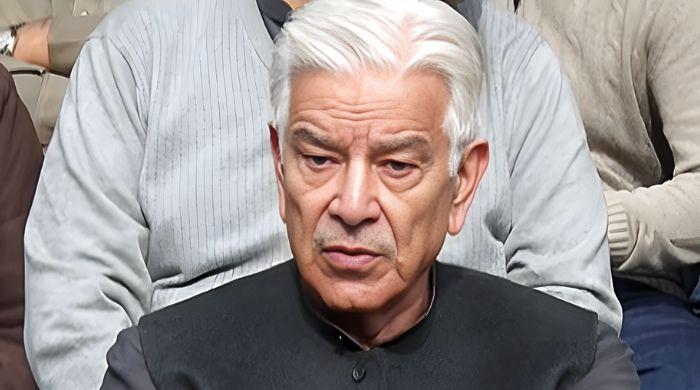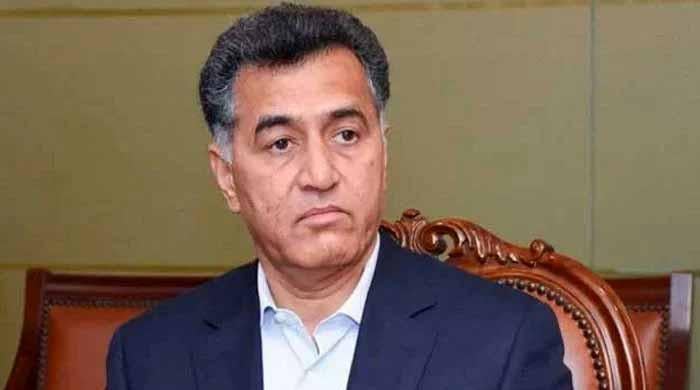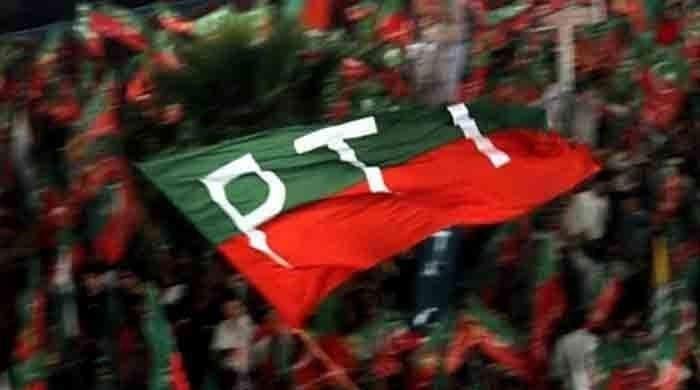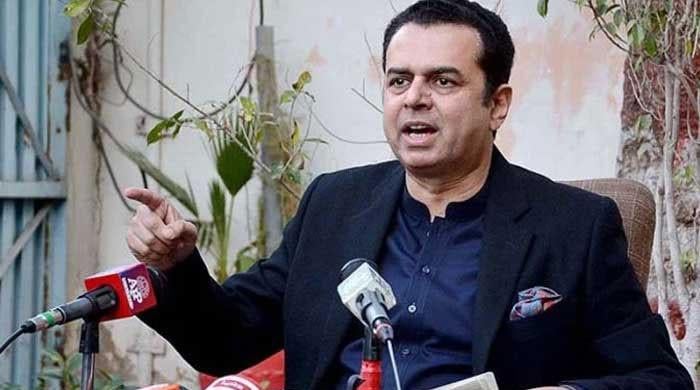Bilawal Bhutto blames 'powerful lobbies, bureaucracy' for country's crises
Politico believes “powerful lobbies” strongly react to any move for abolishment of 17 ministries
January 29, 2024
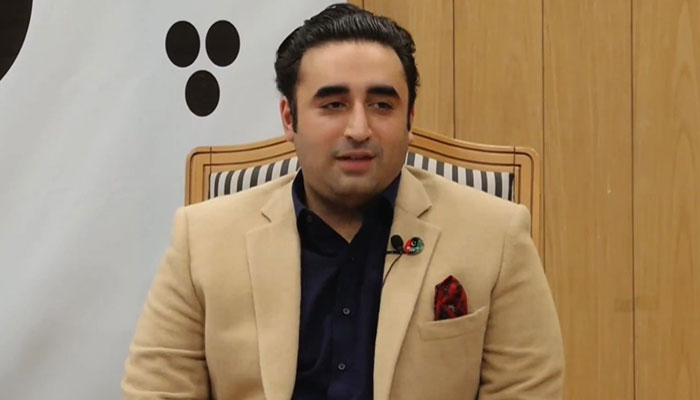
- Bilawal Bhutto interacts with students of SZABIST Islamabad.
- Politico explains salient features of PPP's manifesto, economic plan.
- "Providing relief to weak segments, flood affectees top priority".
Terming his party’s manifesto remedy for all the crises ahead of the nationwide polls, Pakistan Peoples Party (PPP) Chairman Bilawal Bhutto-Zardari has blamed ‘powerful lobbies and bureaucracy’ for the country’s long-standing problems.
Bilawal was interacting with students of the Shaheed Zulfikar Ali Bhutto Institute of Science and Technology (SZABIST) Islamabad campus on Monday regarding his party’s manifesto "Chuno Nai Soch Ko (Choose new thinking)".
Promising strict measures to end the control of elites and powerful lobbies, the PPP chairman reiterated his vow to provide relief to the underprivileged segments after abolishing all subsidies to the superior class of society.
The election campaigns of all political parties equipped with mollifying manifestos and promises are in full swing across the country ahead of the February 8 vote. PML-N and PPP are eyeing the premier's office and desperately swaying voters to elect them to power.
“Inflation, poverty, unemployment and climate change are key issues being faced by the country which needed to be addressed on a priority basis,” said the PPP chief, adding that the economic crisis posed a serious risk to Pakistan.
He said that he and economic experts prepared the party’s manifesto, promising a pro-public economic plan to cope with all crises and immediate relief to the masses.
“Elites, powerhouses and fertiliser industry get annual subsidies worth Rs1,500 billion in our country. We will end all subsidies to the elites and spend the funds to provide relief to the underprivileged segments.”
“We will abolish 17 ministries if voted to power. The country will definitely see economic stability if we invest in agriculture, communication and energy sectors.”
Elaborating on expected difficulties in implementing his plan, Bilawal admitted that “powerful lobbies create problems and a powerful reaction will come from the powerful sector after the abolishment of ministries.”
The politician explained his experience while being part of the previous Pakistan Democratic Movement (PDM) government as a foreign minister. “I spent 18 months in the federal government and knew about the mentality of Islamabad’s bureaucracy.”
Blaming the bureaucrats for hindering the country’s progress, Bilawal said, “They don’t want to work nor do they want anyone else to do something.”
He believed that the nation would definitely support those rulers and their policies who provided them with 300 free electricity units and other facilities.
Bilawal said that the country was facing the severe consequences of the politics of division and hate. Advocating his point of view, the politician said that no one could implement any manifesto without changing the mindset.
He added that PPP could create green jobs for the nation and successfully address the longstanding national issues by providing relief to weak segments and flood affectees on top if elected to power.
After unveiling the manifesto, the Bilawal-led party will also launch the "Bhook Mitao Programme" which will ensure food security, by aiming to make nutritious food available at affordable prices, boost domestic production, subsidise local producers, and connect women with the market economy as active entrepreneurs.
The party had earlier announced the following 10-point agenda for the manifesto:
- Double real income for wage earners — 8% increase every year
- Free solar energy of 300 units for the poor; every district to have green energy parks
- Education for all — rolling out projects for better education
- Free health for all across Pakistan
- Three million houses for flood affectees and the poor
- Ghurbat Mitao: Expand BISP’s scope; introduce more welfare schemes
- Khushhaal Kisaan: BISP-like programme for farmers and ‘Hari Card’
- Enhanced support for labourers through Benazir Mazdoor Card
- ‘Youth Card’ for unemployed youth and ‘Youth Markaz’
- ‘Bhook Mitao Programme’




